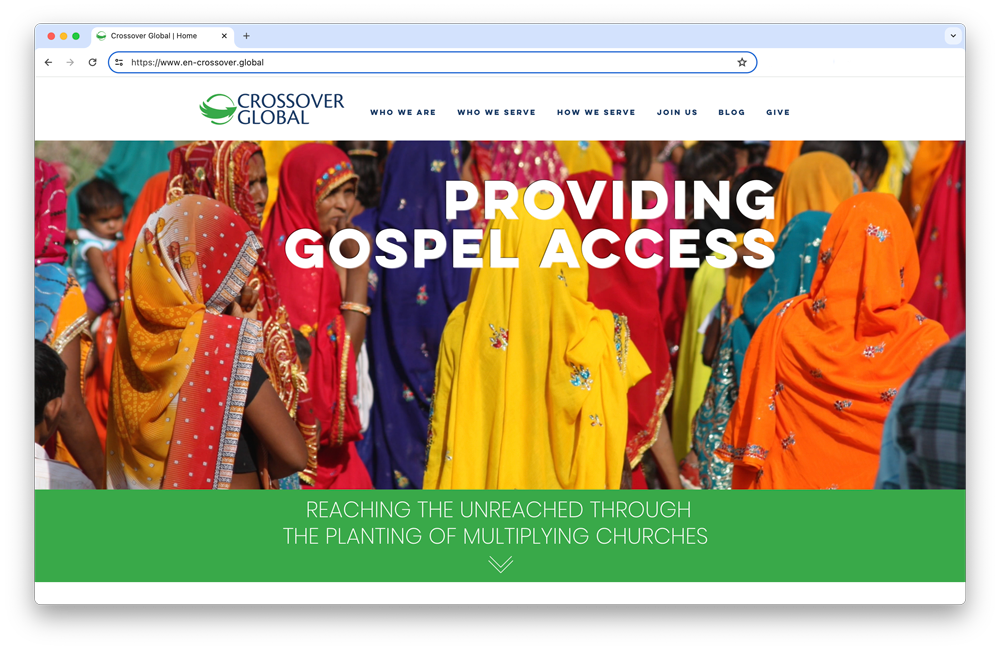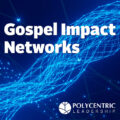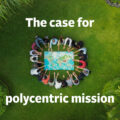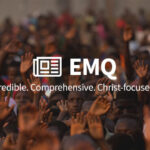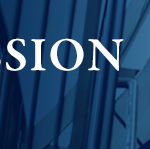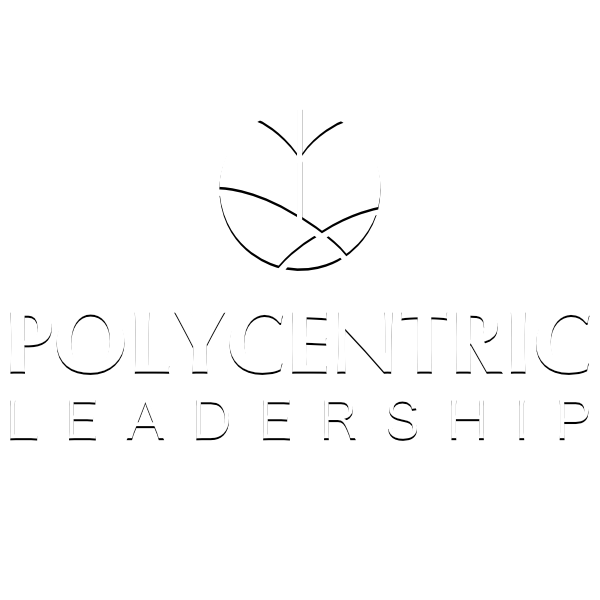In preparation for the World Evangelical Alliance Mission Commission Global Consultation (Jan 30 – Feb 3, 2023 in Chiang Mai, Thailand), Jay Matenga wrote:
In 1982, Milton Friedman, a champion of neo-liberal economic theory, observed that “Only a crisis (actual or perceived) produces real change. When that crisis occurs, the actions that are taken depend on the ideas that are lying around.” I read this quote very early in the global pandemic as business analysts were trying to foresee what the future might hold beyond the pandemic. It struck me at the time that the same could be applied to the global witness of World Christianity. When discussing future missions projections with Jason Mandryk, author of Operation World, I suggested that “the future of missions is indigenous”. I could predict this with confidence because studies in World Christianity and Christian history reveal that the sustained growth of the global church has always been indigenous— that is, locally led. But it seems to be an idea that has been lying around in missions. That is not to dismiss important, often catalytic, involvement by expatriates, but I believe it is time for world missions to acknowledge the central role of local guardianship in gospel spread.
Against this backdrop, I was delighted to receive an update from Ken Katayama about the restructuring of Crossover Global. Ken is a highly valued Deputy Leader of the Mission Commission and a leading emerging global missions influencer. As I listened to Ken’s testimony of the innovative, younger, indigenous, and thoroughly integrated global body that is now defining Crossover Global, Milton Friedman’s quote rang in my ears… “the actions that are taken depend on the ideas that are lying around.” From my perspective, Crossover Global is a prototype outcome of the very ideas that have been “lying around” for some time in global missions. Majority World leaders in particular have been looking for truly integrated relationships such as those Ken described to me. I believe Crossover Global’s innovative international structure is emerging “for such a time as this”.
I am delighted that Ken has agreed to host a discussion with some of Crossover Global’s local leaders for a plenary at our forthcoming Mission Commission Global Consultation (30 Jan—3 Feb, 2023 in Chiangmai Thailand). I very much look forward to hearing more about Crossover Global developments from the local perspective, and anticipate it being deeply inspirational, if not epoch setting.[1]
Ken presented this model at the consultation along with several of his colleagues. In sharing the model, they began with this quote from the Mission Commission:
THE MISSION COMMISSION WE COMMIT TO WORKING AS A DIVERSE COMMUNITY TO STRENGTHEN PARTICIPATION IN GOD’S MISSION SO THAT IT RESULTS IN MULTIPLYING LOCAL EXPRESSIONS OF GOD’S SHALOM-KINGDOM REALITY, WHICH WE COMMONLY CALL CHURCHES, WHERE FEW OR NONE CURRENTLY EXIST.[2]
In presenting their model, they quote:
How do we look beyond our own strategies and structures to find solutions for the complexities of global mission?[3]
In 2017, their leadership team met and started shifting their leadership system to a more polycentric framework. They moved from a traditional mission sending agency to a global church planting organization. Their model began shifting from many ministries and projects to one shared vision and mission.

The goal was to move to strategic alignment across all these various ministries. The encouraging signs are promising. From their founding in 1987, they went from serving one country to 22 in 30 years but jumped to 37 over the next 5 years. They saw 523 churches planted by 2017 but by reorganizing and aligning their mission, 3,208 churches have now been started.
Their leadership is no longer a decentralized system with 5-6 regions doing their own thing. Rather, they have regional leaders from local zones who are leading the way together. While each of the regions shared the same values previously, they were experiencing mission drift – everyone was doing what seemed right in their own eyes. This new polycentric framework allowed the various regions to work together in synergy.
They attribute their fruitfulness to the power of kingdom relationships. In this framework they:
- Developed a deep level of trust.
- Focus on natural networks of relationships.
- They don’t see every friend as a kingdom partner.
- And, they hold each other to mutual levels of accountability.
In addition, they seek a coordinated effort:
- They desire proper levels of control.
- This is complimented with good collaboration.
- And, they seek integration through clarity of the functions they have as a team.
When they look at their organizational culture, they follow the following paradigms:
- Biblical defined
- Locally influenced
- Diversely celebrated
Overall, Crossover Global’s leadership system seeks to raise up, empower and hold their leaders accountable. In doing this, they have fostered far more success in their coordinated vision. It is not accomplished without significant work and challenges, but they work hard across multiple languages spending a great deal of time with one another to work through differences and pursue a common mission.
Overall, they see this hybrid model as a work in progress. But, as Jay mentioned above, it’s a promising story.
Lessons from Crossover Global’s Polycentric Leadership
Crossover Global’s polycentric leadership approach yielded valuable lessons in the areas of disciple-making, church planting, and collaboration:
- Strategic Alignment: Crossover Global’s transition involved moving from numerous ministries and projects to a single shared vision and mission. This shift streamlined their efforts, enabling greater synergy among their various initiatives.
- Kingdom Relationships: The organization fostered deep trust and focused on natural networks of relationships. Not every friend was seen as a kingdom partner, and mutual accountability was emphasized.
- Coordinated Effort: Crossover Global sought a balance between control and collaboration. They aimed for proper levels of control, complemented by collaboration and integration through clarity of functions within the team.
- Organizational Culture: Their leadership model was rooted in biblical principles, influenced by local contexts, and celebrated diversity.
Conclusion
Crossover Global’s journey towards polycentric leadership demonstrates the power of local leadership in global missions. By emphasizing the power of relationships, multiplication over growth, and coordination in collaboration, they are paving a way for a more effective and sustainable approach in mission. Crossover Global’s innovative international structure represents a prototype outcome, poised “for such a time as this.” Their inspirational model challenges conventional mission strategies and showcases the potential of polycentric leadership in the context of church planting and global missions.
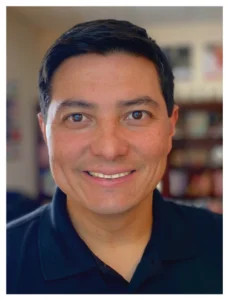 Ken Katayama
Ken Katayama
President
www.crossover.global
[1] Matenga, Jay. Correspondence with Ken Katayama.
[2] Position On Diversity and Inclusion; June 2020 WEA Mission Commission.
[3] Handley, Joseph. Polycentric Mission Leadership
